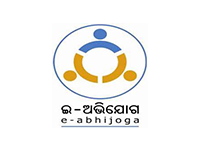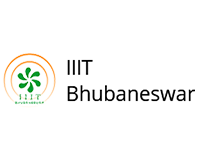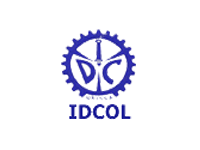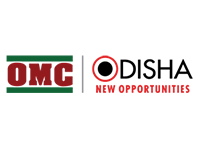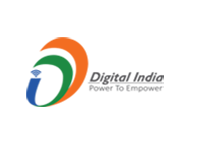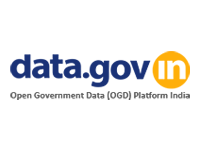Take Home Ration [THR] is given to pregnant and lactating mothers, children from 6 months to 3 years as they do not attend the AWC on a daily basis. The severely malnourished children of 3-6 years are also given THR over and above Hot Cooked Meal. The GOI has fixed the per beneficiary cost, calorie and protein norm to be maintained across the states.
The per head ration cost of THR is `9.50/- for Pregnant and lactating mothers, `8/- for normal children under 3 years and `12/- for severely malnourished children. Government of Odisha has taken an in-principle decision to give Ready to Eat [RTE] i.e. wheat-based Chhatua in the form of THR to all eligible beneficiaries as it will ensure that it goes to the intended beneficiary and not entered the family kitty. These guidelines shall be applicable universally through out the State. While implementing the guidelines following aspects should be taken into consideration.
Coverage of children in difficult circumstances:
Special measures must be taken to ensure that children of migrants left behind, disabled children, children of wage labourers who go out during the day, children of indigent families, single mothers, orphans and other vulnerable children, who may not have any adult bringing them to the AWC, or giving them THR, are brought into the net of ICDS and given the supplementary nutrition.
Wheat transport and delivery
- A fair, open and transparent tender procedure should be followed in selection of transport agents. Local condition and prevailing prices should be taken into account to arrive at competitive rates.
- Delivery must be done at each block level SHG / federation engaged for THR preparation only for a month’s requirement. On no account should a transport agent deliver wheat for more than a month’s requirement to SHG. In case of deviations, penal clause should be invoked. In case of persistent deviations relating to quantity and / or regularity of supply, stringent action as per law should be taken.
- A route chart should be prepared, so that delivery is made on a fixed date every month to the designated SHG(s). The transporter should carry a weighing machine and weigh the stock at the delivery point in front of the members of SHG(s) / Jaanch Committee / Mothers Committee as the case may be.
Storage
- Since wheat should not be supplied for more than a month’s requirement, the average quantity required to be stored for a month should be worked out.
- Measuring equipment should also be ensured at the level of SHG(s) so as to ensure greater transparency and amenability to checks.
Expenditure monitoring:
- It must be ensured that only e-payments are done into the joint accounts for ICDS and SHG(s) account for THR. The e-payment should be made on the 7th of each month.
- Similarly, by using the computers at the GP level, the expenditure statement from the implementation point [SHG(s)], should be submitted by 3rd of every month to the CDPO, so that the input can be used for payments into the account and will also keep a check on the expenditure.
- The utmost transparency, financial discipline and prudence must be maintained in all transactions dealing with government money at all levels.
Weighing and growth monitoring of children and counseling of mothers / caregivers by AWWs.
- Each child in the age group of 0-3 years must be weighed at least once every month and plotted in the WHO New Growth Standards register.
- If the growth trajectory is in green zone and above, the AWW must appreciate the mother/caregiver and advise her to maintain the feeding and hygienic practices which she has been following.
If growth trajectory is below green zone, following must be done:
- AWW must immediately take note of the same and find out reason for the same.
- In case it is due to faulty/inadequate feeding practices, the mother/ caregiver must be counselled on age appropriate feeding in terms of quality, quantity and frequency of feeding.
- AWW should also tell family about maintaining adequate hygiene and cleanliness of hands, utensils and surrounding environment.
- One easy intervention to check growth faltering immediately is to add one or two drops of oil or ghee in each meal/Chhatua given to the child. This will add to the calorie intake of the child and induce weight gain.
- The mother must be counselled to increase the frequency of feeding and also continue breast feeding the child during & after illness so that the child recovers early and gets back to its normal weight soon.
- AWWs' and AWHs must also follow good behaviours like hand washing and hygienic practices while cooking and feeding the child/children.
- Proper counseling of the mothers/caregivers by AWWs is very important so that they follow appropriate practices to ensure proper health of their children.
- These key messages have been developed in Odia which is webhosted in the WCD website. The CDPOs must ensure that this message card is downloaded and shared with all AWWs and also displayed in every AWC for awareness amongst all. The AWWs must be motivated and encouraged to undertake counseling sessions compulsorily, since this still remains one of the weakest link in the service delivery mechanism.
- The CDPOs must monitor on a regular basis during their AWC visits to ensure that these are being followed appropriately by all AWWs.
For Details of Guidelines THR and Hot Cooked Meal Click Here (13.6 MB)







